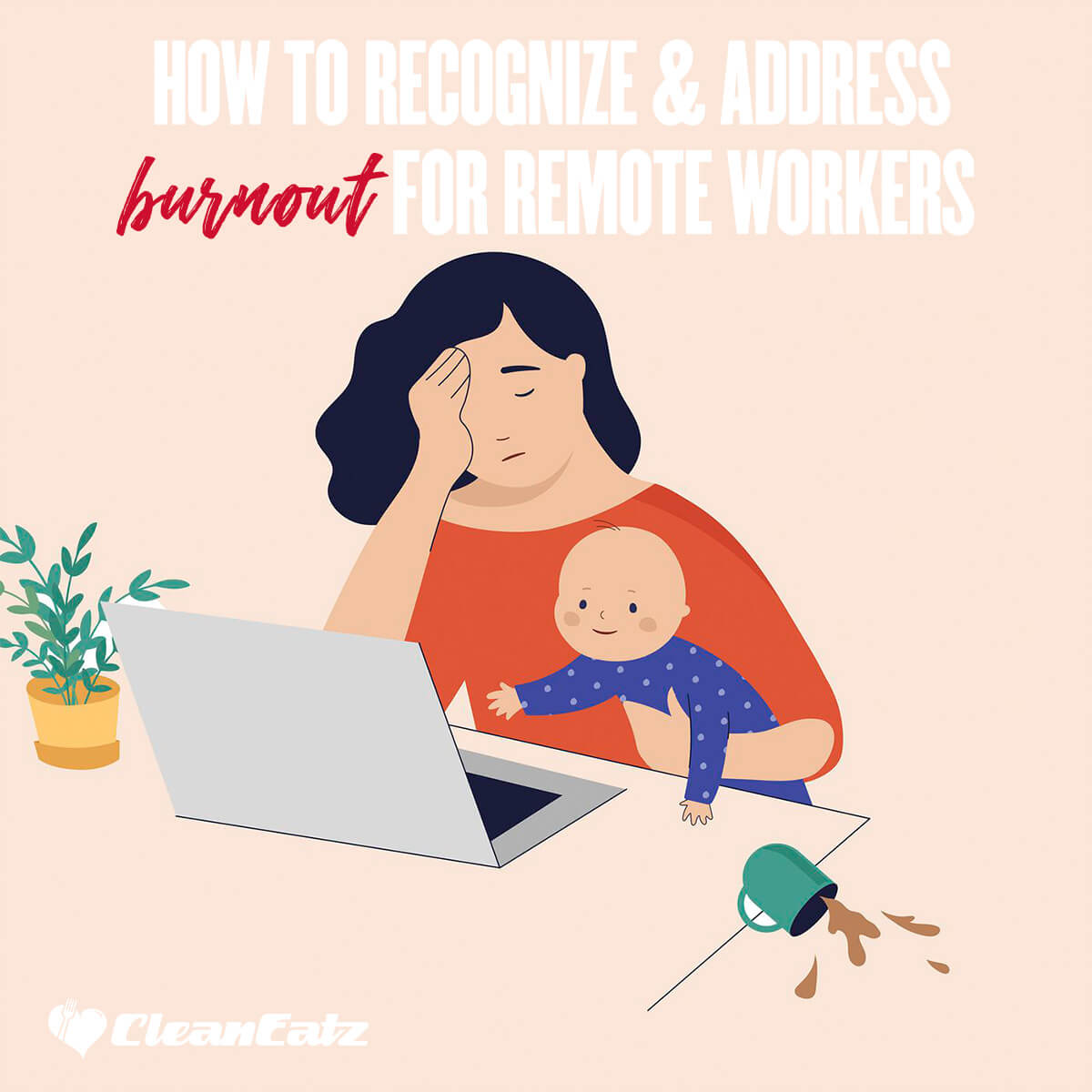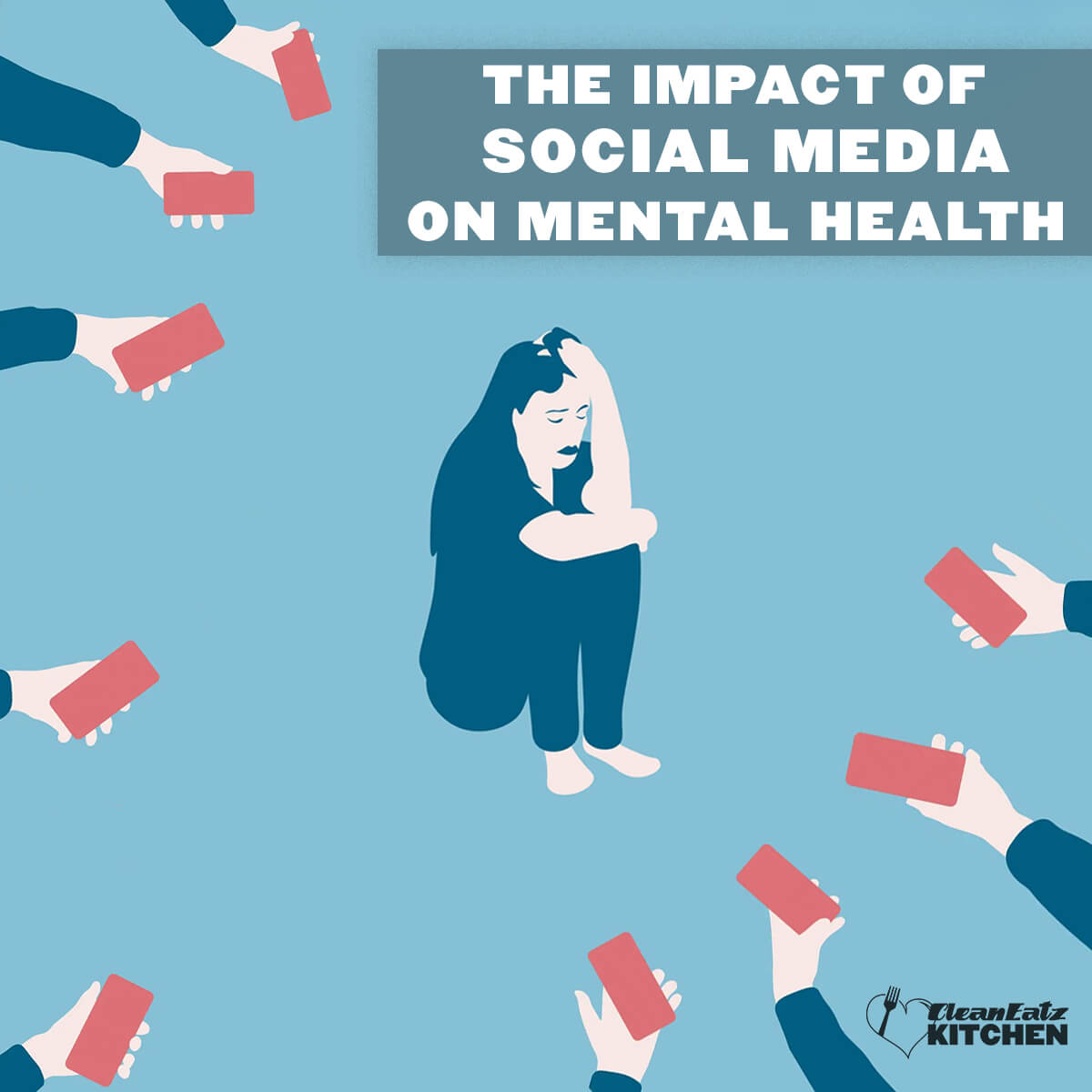
How to recognize and address burnout for remote workers
Jason Nista
Healthy Lifestyle
|
Mental Health
3 minute read
How to recognize and address burnout for remote workers
Working remotely has its perks, such as flexibility and the ability to work from anywhere. However, it can also come with its own set of challenges, one of which is burnout. Remote workers may feel isolated, disconnected from their colleagues, and overwhelmed by the constant blur of work and home life. But burnout doesn't have to be a given for remote workers. By recognizing the signs of burnout and taking proactive steps to address it, remote workers can maintain a healthy work-life balance and continue to thrive in their roles.
Identifying the Signs of Burnout in Remote Workers:
Remote work can be challenging, and it's essential to be aware of the signs of burnout. Some common indicators include fatigue, disengagement, and a lack of motivation. If you're feeling exhausted and unmotivated, it could be a sign that you're burning out. Take some time to reflect on how you're feeling and consider whether burnout may be a factor.
Setting Boundaries and Creating a Schedule:
One of the most critical steps to preventing burnout is setting boundaries and creating a schedule that separates work and personal time. This can be incredibly challenging when working remotely, as the lines between work and home life can become blurred. To help establish clear boundaries, try setting a schedule that includes dedicated work hours and breaks, as well as time for self-care and leisure activities.
Building and Maintaining Connections with Colleagues:
Working remotely can also make building and maintaining connections with colleagues more difficult. However, it's important to remember that social connections are essential for our well-being. Try to schedule regular virtual coffee breaks or team-building activities. Be intentional about staying connected with your colleagues, it will not only help you feel less isolated, but it will also strengthen your relationships with your team.
Strategies for Self-Care and Stress Management:
Self-care is an essential component of preventing burnout. To help reduce stress and promote well-being, try incorporating regular exercise into your routine. Mindfulness practices such as meditation or yoga can also be beneficial. Additionally, consider seeking therapy or counseling to help manage stress and cope with any underlying emotional or mental health issues.
Communicating with Managers and Colleagues about Burnout:
If you're experiencing burnout, it's important to communicate with your manager and colleagues about your needs. Be honest and upfront about how you feel, and let them know you need support. Your manager may be able to adjust your workload, provide additional resources, or give you more flexibility to help you manage your stress. By communicating openly and honestly, you'll be able to get the support you need to recover from burnout and return to a healthy work-life balance.
Burnout can be a significant challenge for remote workers, but it doesn't have to be a given. By recognizing the signs of burnout, setting boundaries, and promoting self-care and stress management, remote workers can maintain a healthy work-life balance and continue to excel in their roles. Don't be afraid to communicate with your managers and colleagues about your needs, and remember that support is available. With the right approach, remote workers can recognize and address burnout and continue to thrive in their roles.



